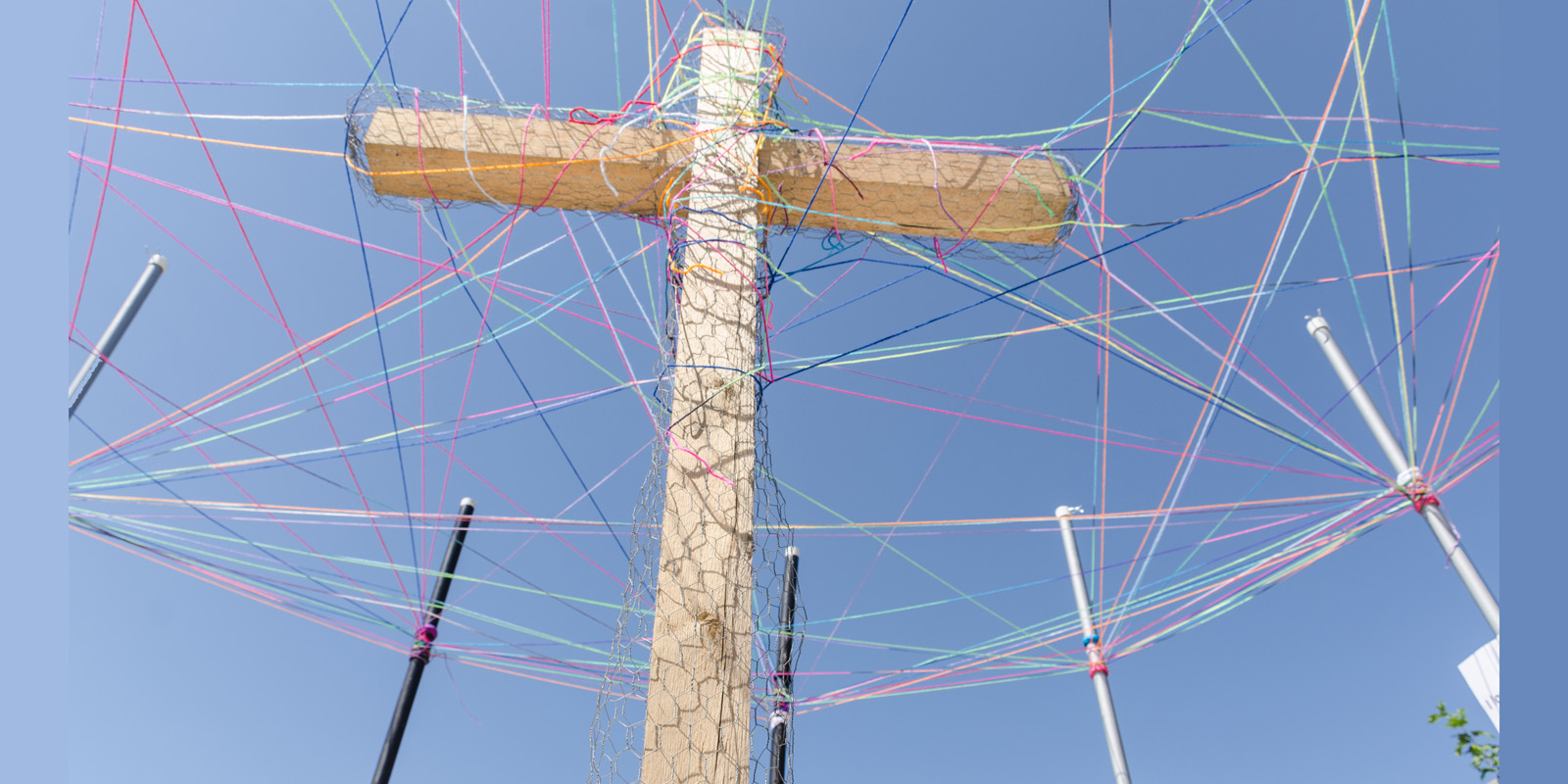When visiting someone in the hospital, it is not my job to “fix” anything. I’m not the physician. When I am with a family after a loved-one dies, I cannot make the pain go away. When I meet with people who are struggling with grief, my job is to help them enter into their pain, not run from it. My role as pastor is neither to cure, heal, nor fix. My role is to bear witness to both the reality of suffering and the goodness of God. I see the suffering and acknowledge it. I don’t deny it, minimize it, or try to pretend that if we just think happy thoughts it will all go away. “Yuck,” “Ouch!” and, “This sucks...” are some of the most important things I say in my pastoral work. They are honest. They are biblical. They are empathetic. I think I am a good pastor because I am willing to be empathetic, not because I have some gift of healing. I don’t try to soothe the pain I witness in others in order to protect myself from feeling it too. I can let myself enter into someone else’s pain, share in it, and not be damaged by it.
I’ve learned to not flee from discomfort, neither my own discomfort nor the discomfort of others. Someone else’s discomfort won’t kill me. Sitting with someone’s pain won’t wound me. Someone suffering alone might be their death – being ignored is a form of abuse. I’ve discovered that I’m not allergic to tears. I’ve also learned that when I’m doing pastoral work, it is never about me – if I make it about me, I have failed. All the degrees in theology would not qualify me to answer the questions people ask about why things happen. Honestly, I don’t think people want answers to their questions anyway; they just want to know that their pain is seen, real, and not how it should be. The best answer to the most profound theological questions is, “This just sucks,” and a hug.
After over 400 years of slavery, bigotry, violence, jim crow, segregation, police brutality, bombings, lynchings, and being told to “just wait... just calm down... do things the right way,” the only theological response I have is to witness the pain, acknowledge it, sit with it, live in my discomfort at the fact that I’m part of the cause, and say, “This sucks.” I must not change the conversation, pointing out facts that make it seem like our black, indigenous, and people-of-color (BIPOC) sisters and brothers are over-reacting – because that is just a tactic to make me feel better. I cannot say, “Well, I support peaceful protests but not looting...” because that is making it about me again, and not doing the pastoral job of sitting, listening, and suffering with my BIPOC sisters and brothers; it makes me feel better because I can cling to the moral truth that property is good and valuable, and it lets me skip over the even deeper moral truth that persons are of infinite value.
I must not say, “A few bad apples...” even if I have friends who are police officers and I believe them to be good people, because that’s not how many BIPOC people experience it. I must sit and listen, even when I disagree, even when what I’m being told does not match how I experience the world. I can live through a short tongue-lashing about all the horrible things done in the name of Christ – because I need to hear it, and more importantly, someone needs to say it.
I must let myself feel the pain, and the rage, and the centuries of literal lashes. I must let myself cry with my BIPOC sisters and brothers, and cry because of what people who looked like me, who acted in the name of the nation I hold so dear, did to people who look like them.
So, when I walked in the Frisco Black Lives Matter march, I listened to the chant of, “No justice, no peace.” I noticed the ACAB signs. I said the names of people who were murdered by police officers. I let myself be angry, not at the protesters, but at the same things they were angry at. I made small talk about blisters on my feet after eight miles of walking and conversation about, “What church do you go to?” with neighbors I’d only just met. As we walked and yelled, we passed a boombox playing Club Nouveau’s cover of “Lean on Me.” The yelling stopped. We all sang along for a minute, well past the time when we could no longer hear the music coming from the speakers. And then a few seconds of silence and someone said, “Choir rehearsal is Wednesday night.” We laughed. A moment later someone shouted, “NO JUSTICE!” and the response, “No peace!” came.
I have failed. I spent too much time here talking about myself. I know no other way of saying what I want to say here. All I can do now is weep with those who are weeping, offer COVID-friendly virtual hugs, and say, “This sucks.” I see you. I see your pain. I can’t speak for you, but I can try to amplify what you are saying.

